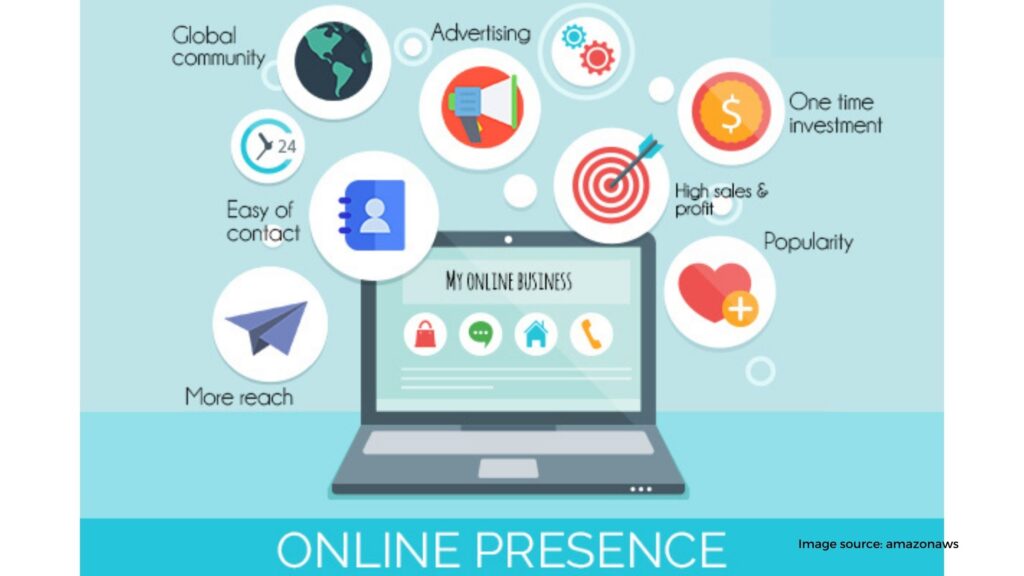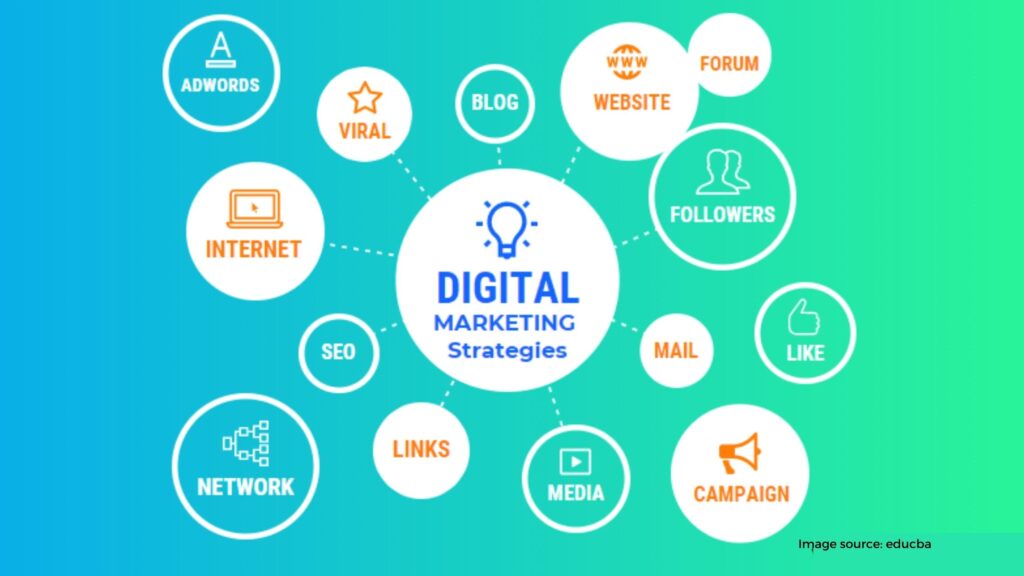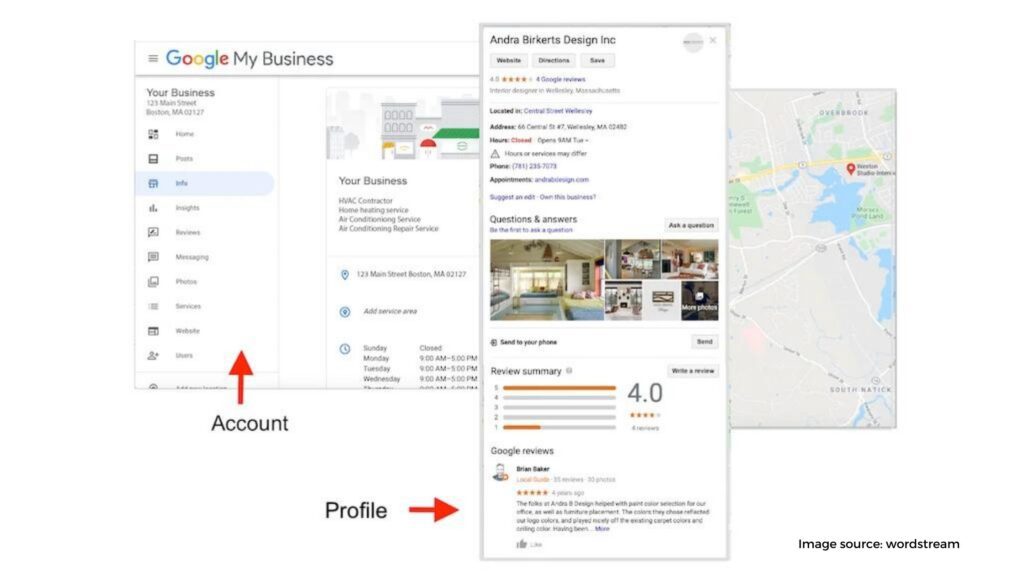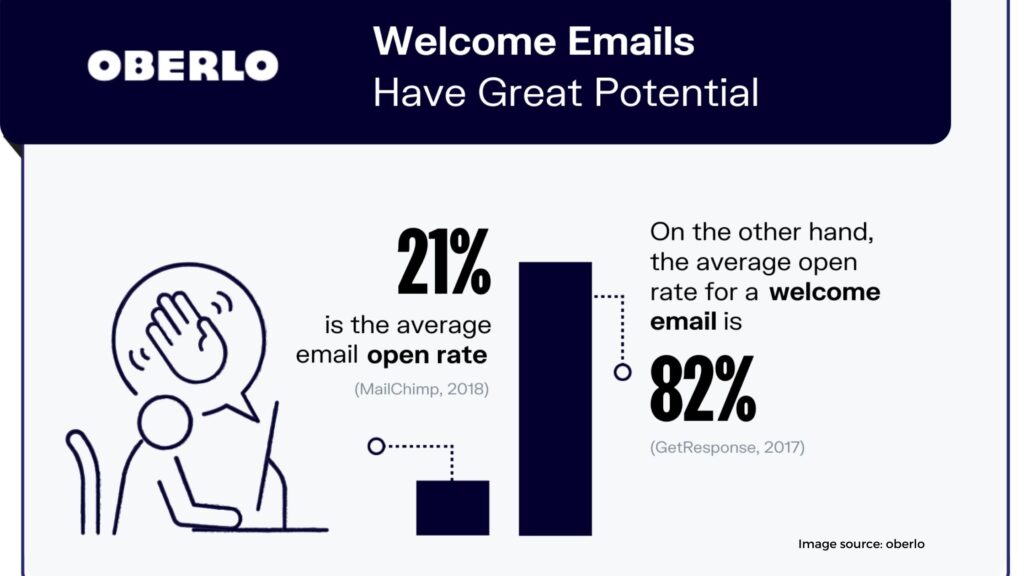The construction sector may not be the first business that springs to mind regarding internet marketing , but many individuals are turning to the Internet for all of their service and product needs. Therefore, any small firm intent on growing in today’s market must understand and utilize the Internet’s potential.
Although the worldwide economic market is gaining momentum, the construction sector in Australia still has several difficulties that small businesses are dealing with, including increasing competition, sluggish economic growth, and an increase in insurance premiums.
When it comes to building, you might believe that word of mouth is the quickest and most efficient marketing investment — and you would be correct. But on the other hand, small businesses may no longer solely rely on word of mouth. Any construction company needs a robust online presence to compete effectively in today’s marketplace.
Today’s construction business is swamped with companies that rely on outdated marketing techniques, and most haven’t taken advantage of the potential of internet marketing to increase their revenue. However, construction businesses that use online content marketing to develop their company may leapfrog over the competition by establishing an early presence in an area rife with possibility and where competition is still relatively limited.
1) Lacking an online presence

A professional, well-designed website that is mobile-friendly is one of the most valuable and efficient internet content marketing tools available. You’re essentially shutting your business down if you don’t have a website or rely on your company displaying in local trade or council business sites for jobs.
If you have a website, but it is out of date and cannot be readily accessed on a mobile device, you are undoubtedly not reaching the maximum number of consumers you could otherwise.
In recent years, most people have done all their online surfing and reading on a desktop computer or laptop. Still, it’s been discovered that more individuals than ever do all of their online activities using tablets or mobile phones.
The first step in solidifying your online presence is to invest in a well-designed website that is appropriate for the purpose. And that’s just the start. You should also sign up for any relevant internet directories and industry websites, as well as make sure your contact information is correct to ensure that potential customers may find you whenever they need
2) Not having an online marketing strategy

You wouldn’t think of starting a firm without having a business plan, would you? The same level of attention and preparation should go into marketing your company as it does to any other aspect of running a business. Unfortunately, many in the building industry do not – and sometimes do not intend to – apply the same amount of thought to Internet marketing .
An Internet marketing strategy will also list out your marketing goals and objectives and how you’ll put your ideas into action, which will help you get a better sense of what you need to accomplish to establish an effective online presence.
A solid Internet marketing plan should always identify which Internet solutions suit your business and what you do. If you’re unsure where to begin, reach out to your local trade association or business development department at the city council; they will know better than anyone. Take some time to review your rivals to see how they’re increasing their online presence and what measures they’re taking to promote themselves. The best option for your company may be to partner with a marketing agency.
3) Following the leader without considering your firm
It’s one thing to look at your competitors, but it’s another to go out of your way to mimic everything they do. While it may be tempting to copy what the large businesses are doing online and keep up with what your rivals are offering to remain competitive, you must also pay attention to your company’s unique selling points.
Although you should utilize the same internet platforms as everyone else, your online presence should direct your target audience to your specific product or service’s features, functions, and benefits. You do not have to focus on the same elements of your service that others do; rather than trying to compete with other businesses on price, you should emphasize areas of your service or product that are distinct.
For example, if you have a product only available through your business, highlight it. Likewise, if you’re marketing to a target audience, such as company owners, ensure your Internet marketing strategy isn’t aimed at other groups such as stay-at-home moms or college students.
4) Not having a presence on social media.
Why should a small business in the construction sector bother to maintain a Facebook page? The answer is straightforward: word of mouth is, as we previously said, the quickest and most efficient marketing approach. In an era where many people chat online rather than face to face, the Internet has become the go-to place for a lot of “electronic word of mouth” advertising.
Nowadays, creating a website is easy and inexpensive, and social media platforms are free. Electronic word of mouth advertising is a quick, efficient, and cheap technique of contacting potential consumers; therefore, establish a professional presence on platforms like LinkedIn, Facebook, and Twitter at the very least. Hire someone with some expertise in content creation and design, since they’ll be able to help your company more effectively than someone who solely focuses on one area.
LinkedIn has proven to be a great social media marketing tool for organizations to expand business relationships with complementary businesses and outreach to potential customers. Creating an account is simple, but don’t forget to stay up-to-date, post regularly, and most importantly, don’t be scared to promote yourself!
5) Sending mixed messages
Because many construction businesses are small enterprises, some even family firms, branding is rarely an issue. However, it’s critical to ensure that your business isn’t mixing in the logo design and that your hard format branding is identical to its online appearance.
Create a unified visual presence for your small business. If you don’t already have one, get one. Come up with a company motto and a different color palette for your logo, theme, and other branding components. Make an effort to incorporate these aspects of your small company into who you are and what you do as much as possible.
Once you’ve chosen a fixed branding image and message, stick to them. Please make sure they’re consistent across all of your online properties and hard format documents like invoices, name cards, etc. It’s a small extra job, but it’ll pay off in the end.
6) Not being active enough

When it comes to online marketing, one thing is for sure: if you’re not active, you might as well not exist. No matter how good your product or service is, you won’t get anywhere if people don’t know about it. The Internet provides various opportunities for small businesses in the construction sector to reach out to their target market; unfortunately, many companies don’t take advantage of them.
Here are some ideas of platforms and activities that can help increase your online presence:
– Use Google My Business to set up a business profile (it’s free!)
– Optimize your website for search engines (SEO)
– Create informative blog posts related to your industry
– Share
7) Overlooking the power of email

Email might seem like an outdated form of marketing, but it’s still one of the most effective techniques. Email marketing has shown to be 40 times more successful at acquiring new customers than either Facebook or Twitter.
An average person checks their email 15 times per day. So if you’re not taking advantage of this opportunity to reach out to your target market, you’re missing out!
8) Not measuring your results
One of the great things about digital marketing is that it’s relatively easy to track and measure results. There are various free tools available, such as Google Analytics, that allow you to track how many people visit your website, where they come from, what pages they’re looking at, and how long they spend on each page.
This information is invaluable in helping you fine-tune your digital marketing strategy. So if you’re not already tracking your results, start now!
9) Not having goals
It’s essential to set realistic digital marketing goals for your small business; without them, you won’t be able to measure your success or failure. Once you’ve set goals, it’s time to start planning how you will achieve them. This is where setting up a marketing strategy comes in.
In addition to setting general marketing goals, it’s also essential to have specific goals for each platform or campaign that you’re using. For example, if you’re running a Twitter campaign, your plan might be to increase brand awareness or get more followers.
10) Not analyzing your data
One of the great things about digital marketing is that it provides you with a wealth of data that you can use to improve your campaigns. Google Analytics is a free tool that allows you to track how your target audience find and use your website; it also provides valuable insights into what works and what doesn’t.
11) Not being patient
Finally, it’s important to remember that success doesn’t happen overnight. Building a successful online marketing campaign takes time, effort, and perseverance. Be patient, and don’t give up!
12) BONUS TIP: Keep learning!
The digital world changes rapidly, so there’s always something new to learn. If you want to stay ahead of the curve, keep up with the latest trends and best practices. There are plenty of great resources, including blogs, eBooks, and online courses.
One of the most important things you can do is stay up-to-date on your industry’s latest trends. This way, you’ll be able to adapt your marketing campaigns to suit the needs of your target market.
13) BONUS TIP: Get help from an expert!
Not sure where to start? That’s okay! There are plenty of marketing agencies that specialize in small business marketing. They can help you create a comprehensive marketing strategy that considers all of your goals.
As your small business expands, you’ll discover that being recognized and approachable goes a long way toward retaining your customers and encouraging new ones.



